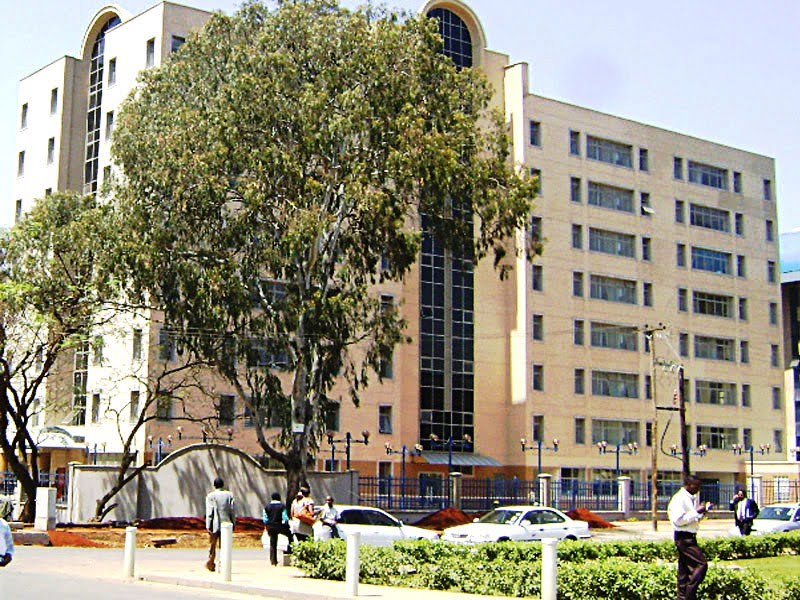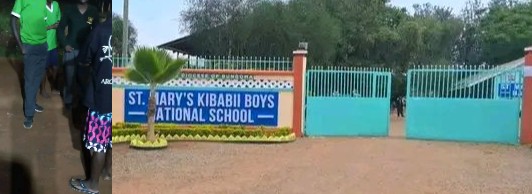There have been several attempts to abolish or dismember the Teachers Service Commission (TSC), allegedly because it had become very powerful. The Kenya National Union of Teachers (KNUT) memorandum to the Building Bridges Initiative was very succinct about the matter.
It recommended that TSC should be reduced to a department under the Ministry of Education (MoE). This was at a time when the TSC decided to immobilize KNUT by nudging teachers to resign from the union in order to be promoted under the Collective Bargaining Agreement. A lot of teachers took the bait.
The membership of KNUTdipped from more than 150,000 to a paltry 10,000, and so did their union dues. And why was this so? Apart from the usual ongoing fights between an employer and their unions, the teachers’ union had provoked the teachers’ employer beyond measure by physically stopping teachers from attending in-service courses that were intended to train teachers on the new Competency-Based Curriculum (CBC).
The TSC felt that this was extreme provocation. In other words, KNUT was wrong to provoke the TSC but the teachers’ employer was also wrong to dismantle the teachers’ union to the extent to which it did. The TSC did not realize that when it will occasionally come under siege-as is the case now from the MoE-it requires the backing of the teachers through their unions to protect it.
READ ALSO:
Cow dung dumped at Thika Stadium ahead of football tournament finals
But why do we need these independent constitutional commissions? The current generation of leaders across board, including MoE and the teacher unions fighting the TSC, may not have bothered to read the history of the formation of those commissions. They do not know that barely 25 years ago the Independent Electoral and Boundaries Commission (IEBC) did not exist.
Elections were carried out by senior officials in the office of the president and the returning officers in the constituencies were District Commissioners, who were at the beck and call of the president. MPs and their support employees were under Public Service Commission (PSC) before the Parliamentary Service Commission was established about 20 years ago.
The Police also were employees of the PSC until 2010 when the Police Service Commission was established. The public demanded for the establishment of the National Lands Commission (NLC) due to the sensitivity of land matters and transaction Kenyans. The Judiciary Service Commission was also established in 2010.
All these were offshoots from the PSC since it was recognized that there was need for special independent bodies to manage special sectors of the government.
And does KNUT believe that the ministers and Principal Secretaries are angels? If so, why have teachers who have been appointed as education attaches over the years without advertisements linked to these senior officials?
Two were recently appointed from Nyanza in the tenure of Prof Magoha. Unfortunately, the medical service workers did not agitate strongly for the establishment of their commission before 2010, hence their current unenviable plight. All these commissions have managed to stabilize their respective sectors.
Coming back to the History of the TSC, the teachers should know that they owe a lot to veteran teachers that coordinated for the establishment of KNUT and TSC. A group of teachers led by Daniel Arap Moi, Jeremia Nyaga, Joseph Kioni, One Mulandi, and Jesse Muhoro used to meet to strategize on how to address the plight of teachers soon after independence. Moi pushed for the establishment of KNUT through Parliament. It was done. Nyaga tabled a motion for the establishment of the TSC in 1967. It was passed.
The group ensured that Kioni became the Secretary General of KNUT while Mulandi became the chairman of TSC and first secretary position of TSC was taken by Muhoro. Not many people know that the serious bitter strike by the teachers led by Kioni in the era of President Jomo Kenyatta had the silent backing—from the background— of Moi and Nyaga.
Fast forward to the Bomas constitutional talks under Yash Pal Ghai. The then chairman of the TSC Ibrahim Hussein mobilized his 24 commissioners and the secretary Benjamin Sogomo to individually discreetly meet the commissioners of the Yash Pal Ghai team to convince them to promote the TSC to a Constitutional Commission.
So successful was this strategy that a Senior Deputy Director of Education got alarmed and pleaded with the Permanent Secretary Prof Japheth Kiptoon to stop Benjamin Sogomo from creating an empire at the TSC. They did not succeed. If the so called empire is in place, it was in the best interests of teachers just like it was for the police, judiciary staff, the electoral commission staff as well as employees of the Land commission.
The current leadership of the teachers unions and the TSC should be reminded that they are on opposite sides of the same coin and should collaborate and coordinate their visions and strategies as did the veteran teachers named above under Moi. They need to protect their empire.
By Mwalimu Anderson Kibet
Get more stories from our website: Education News
To write to us or offer feedback, you can reach us at: editor@educationnews.co.ke
You can also follow our social media pages on Twitter: Education News KE and Facebook: Education News Newspaper for timely updates.
>>> Click here to stay up-to-date with trending regional stories






